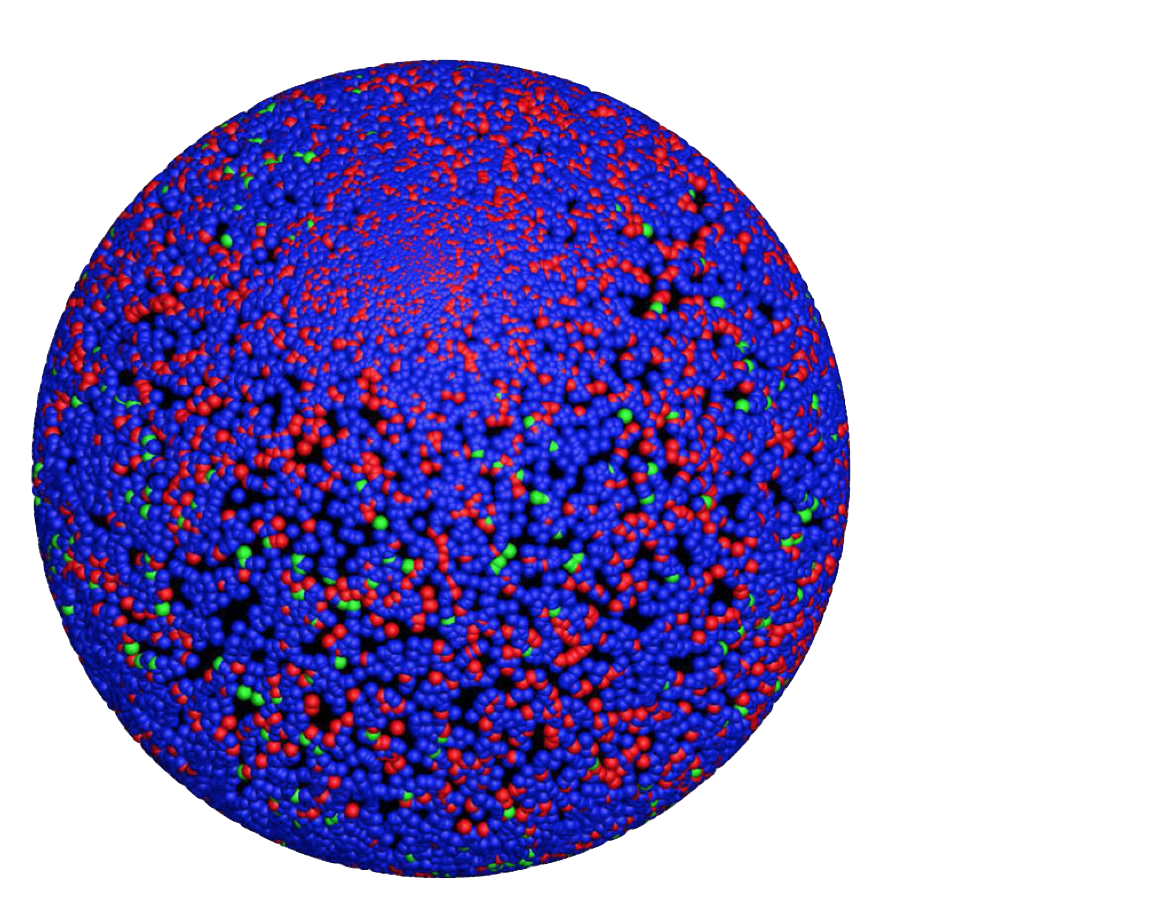An agent-based computational framework for simulation of global pandemic and social response on planet X

Abstract
The increase in readily available computational power raises the possibility that direct agent-based modeling can play a key role in the analysis of epidemiological population dynamics. Specifically, the objective of this work is to develop a robust agent-based computational framework to investigate the emergent structure of Susceptible-Infected-Removed/Recovered (SIR)-type populations and variants thereof, on a global planetary scale. To accomplish this objective, we develop a planet- wide model based on interaction between discrete entities (agents), where each agent on the surface of the planet is initially uninfected. Infections are then seeded on the planet in localized regions. Contracting an infection depends on the charac- teristics of each agent—i.e. their susceptibility and contact with the seeded, infected agents. Agent mobility on the planet is dictated by social policies, for example such as “shelter in place”, “complete lockdown”, etc. The global population is then allowed to evolve according to infected states of agents, over many time periods, leading to an SIR population. The work illustrates the construction of the computational framework and the relatively straightforward application with direct, non-phenomenological, input data. Numerical examples are provided to illustrate the model construction and the results of such an approach.

